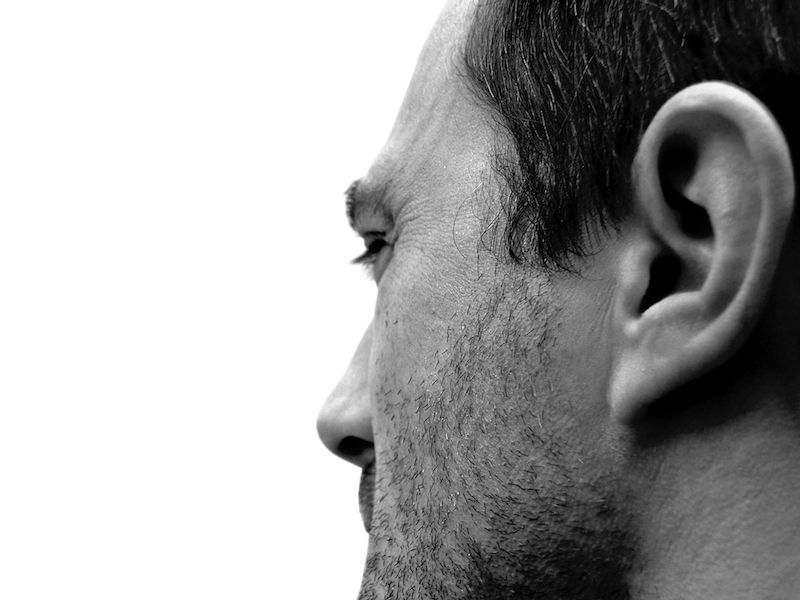
There is an inconsistency in tinnitus symptoms; it seems difficult to understand why and when these sounds happen. Maybe you’re getting into bed one night and, seemingly out of the blue, your ears begin to ring badly. No matter how much you lie in bed and think about the reason why you hear this buzzing, you can’t identify any triggers during your day: no noisy music, no screeching fire alarms, nothing that could explain why your tinnitus chose 9 PM to mount a flare-up.
So perhaps the food you ate might be the reason. We don’t usually think about the link between food and hearing, but there’s a bit of research and evidence to suggest that some foods can make tinnitus worse. In order to stay away from those foods, you need to find out what they are.
Which Foods Make Tinnitus Worse?
Let’s just dive right in, shall we? You would like to recognize which foods you should avoid so you can be sure you never have to go through one of those food-produced tinnitus episodes again. Here are some foods to stay away from:
Alcohol
Alcohol and tobacco should be at the top of the list of things to stay away from. You will absolutely want to abstain from drinking and smoking so that you can decrease your risk of a tinnitus episode despite the fact that tobacco isn’t actually a food.
Both tobacco and alcohol products can have a substantial impact on your blood pressure (not to mention your overall health). Your tinnitus is progressively more likely to flare up the more you drink and smoke.
Sodium
Your blood pressure is one of the biggest predictors of tinnitus episodes. Your tinnitus worsens when your blood pressure increases. That’s the reason sodium should certainly be on your list of food substances to stay away from. Whether you love eating french fries or just put salt on everything, you’ll want to cut way, way back.
There are certain foods that are shockingly high in sodium, too, including ice cream (which you don’t usually think of as tasting particularly salty). You’ll need to watch out for sodium levels in everything you eat to prevent a surprise tinnitus episode.
Fast Food
It shouldn’t be surprising that you should stay away from fast food if you are avoiding sodium. Most fast-food joints (even the ones that claim they are a healthier option) serve food that is packed with salt and fat. And, once again, that’s going to have a huge consequence on your blood pressure and, hence, your tinnitus. Let’s not forget the massive drinks they serve which are extremely high in sugar. Which brings up the next food you should avoid.
Sweets And Sugars
Candy is something that we all love. Well, the majority of us love candy. Every once in a while, you’ll come across someone who sincerely prefers broccoli over candy. No judgment here.
Sadly, the glucose balance in your body can be seriously disrupted by sugar. And as you’re trying to go to sleep at night, a little disruption to that balance can mean lots of tossing and turning. And the more you toss and turn, the more you begin to listen for that buzzing and ringing.
Caffeine
So, we saved this one for last because, well, we get it. This is the one we’re least positive about needing to give up. But your sleep cycle can be significantly impacted if you drink any kind of caffeine late in the day. And your tinnitus is more likely to flare up if you don’t get quality sleep.
So it’s not actually the caffeine by itself that’s the problem, it’s the lack of sleep. Switch over to a beverage that doesn’t have caffeine in the evenings and save your caffeine for the morning.
Discover What Works Best For You
This is definitely not an exhaustive list. You’ll want to talk to your hearing professional about any dietary changes you may need to make. And it’s worth remembering that everybody will be affected differently by dietary changes, so it may even be worth maintaining a food journal where you can track what impacts you and by how much.
Going forward you will have an easier time making practical decisions if you know how some foods affect you. When you begin tracking how your ears respond to different foods, the reason for your tinnitus might become less mysterious.
Then you will appreciate if you are going to be sorry for that late cup of coffee.
